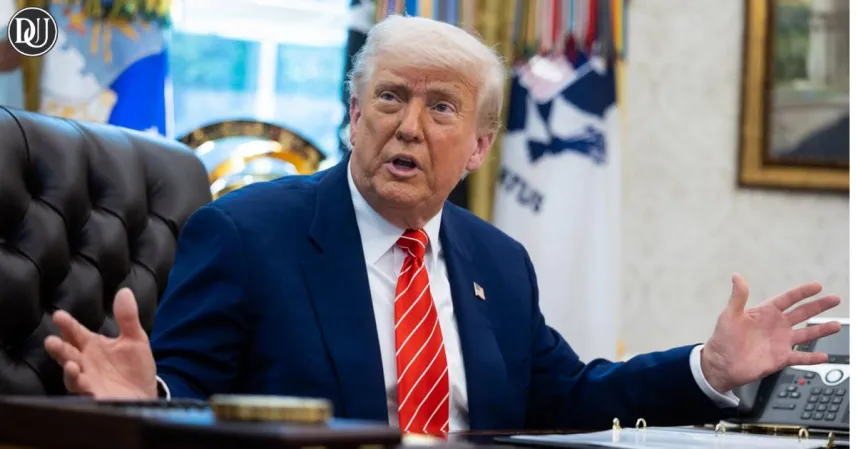Former President Donald Trump has reignited controversy by signing a sweeping new travel ban targeting 12 countries with full entry bans and imposing partial visa restrictions on 7 others. The new trump travel ban is set to go into effect at 12:01 a.m. on June 9, 2025, and marks one of the most aggressive immigration measures of his second presidential term.
What Is the New Trump Travel Ban?
The trump travel ban blocks entry to nationals from specific countries that the U.S. deems as “very high risk” based on national security, terrorism threats, or non-cooperation with immigration protocols. This executive order builds upon the original 2017 ban that targeted several Muslim-majority countries, though this iteration has a broader scope.
Full Entry Ban: 12 Countries Blacklisted
The following nations are now subject to a complete prohibition on entering the U.S.:
-
Afghanistan
-
Iran
-
Myanmar (Burma)
-
Libya
-
Sudan
-
Yemen
-
Eritrea
-
Chad
-
Republic of the Congo
-
Equatorial Guinea
-
Somalia
-
Haiti
These countries have been flagged due to a mix of factors such as terrorism ties, poor visa monitoring, lack of cooperation with U.S. enforcement agencies, or internal instability.
Partial Restrictions on 7 Nations
In addition to the full bans, seven more countries now face restricted visa categories:
-
Venezuela
-
Cuba
-
Laos
-
Burundi
-
Sierra Leone
-
Togo
-
Turkmenistan
The partial bans include restrictions on nonimmigrant visas (such as B-1, B-2, F, M, and J visas) and tighter background checks.
Reasons Behind the Move
According to officials, the new trump travel ban aims to safeguard national security by denying entry to individuals from regions that lack reliable identity verification or exhibit high rates of visa overstays. For instance, Chad recorded nearly a 50% overstay rate for B1/B2 visas, while Eritrea’s was even higher for student visas.
Countries like Iran and Cuba were also cited for their state-sponsored support of terrorism, while Afghanistan remains under Taliban control—raising further red flags for security agencies.
Political and Public Response
Supporters of the move believe it is a necessary return to strong border enforcement, arguing that this kind of screening helps prevent potential terrorist activity and illegal immigration. Critics, however, say the measure will disproportionately harm families, increase diplomatic strain, and alienate communities that already face discrimination.
Human rights organizations and immigration lawyers are already preparing to challenge the order in court, calling it “an extension of the Muslim ban in disguise.”
Timeline and Enforcement
The new trump travel ban becomes effective from June 9, 2025. Those already in the U.S. from the affected countries will not be deported immediately, but visa renewals and new entries will be denied unless exemptions are granted.










